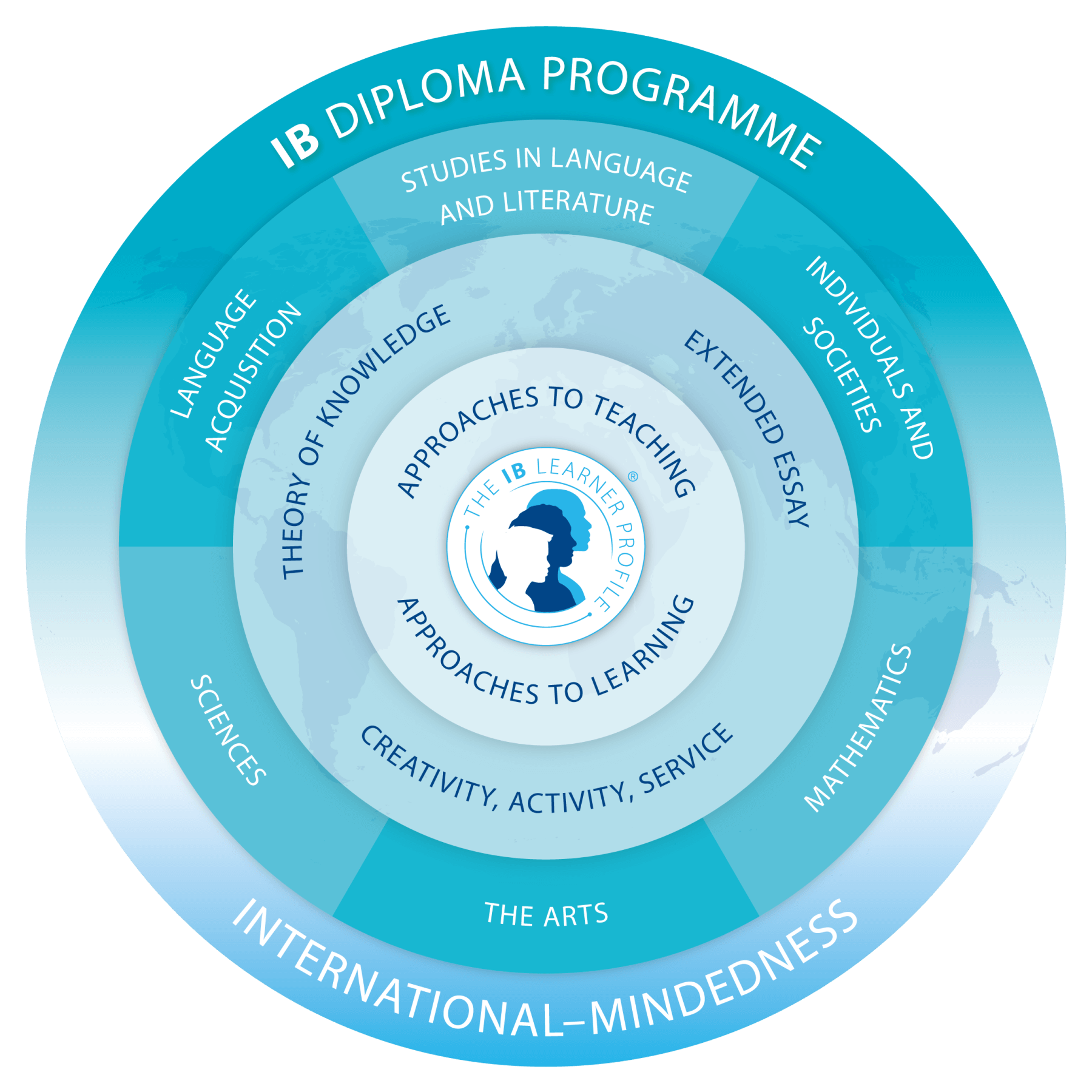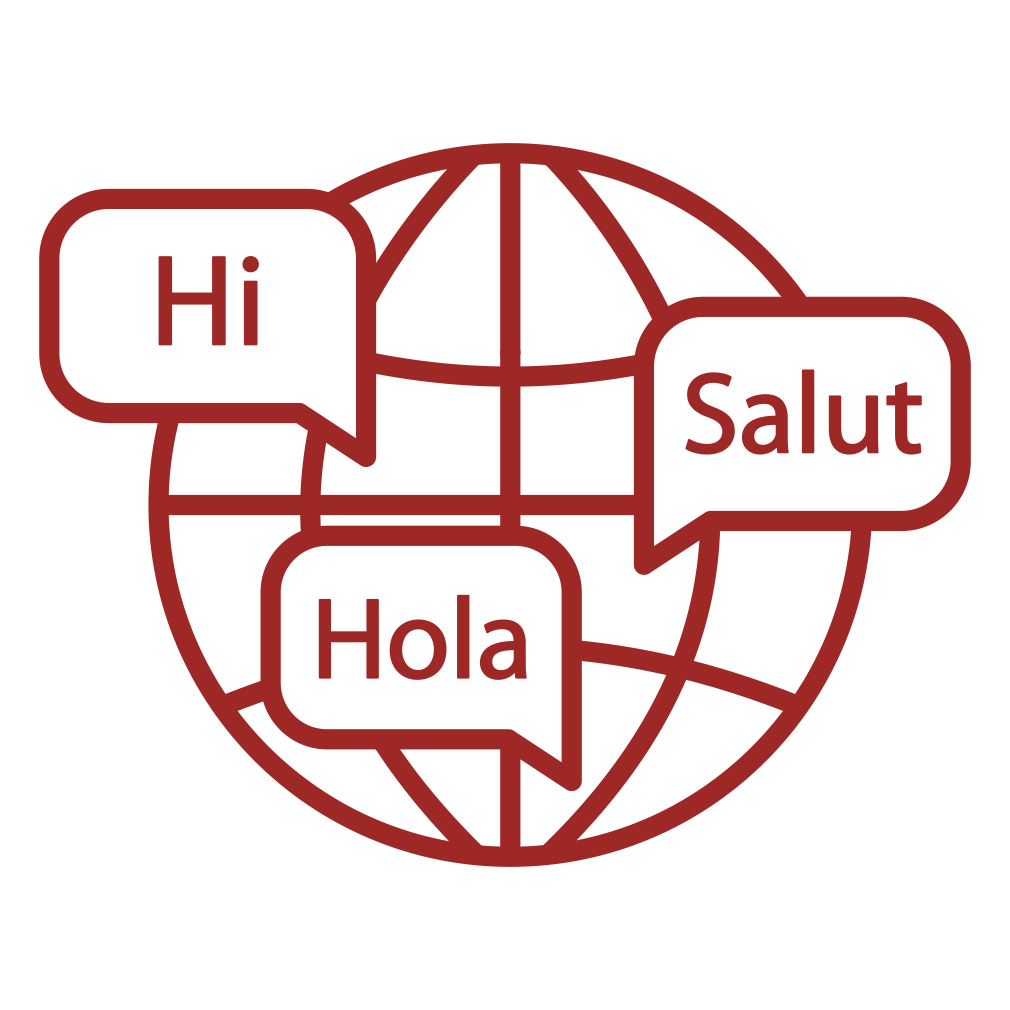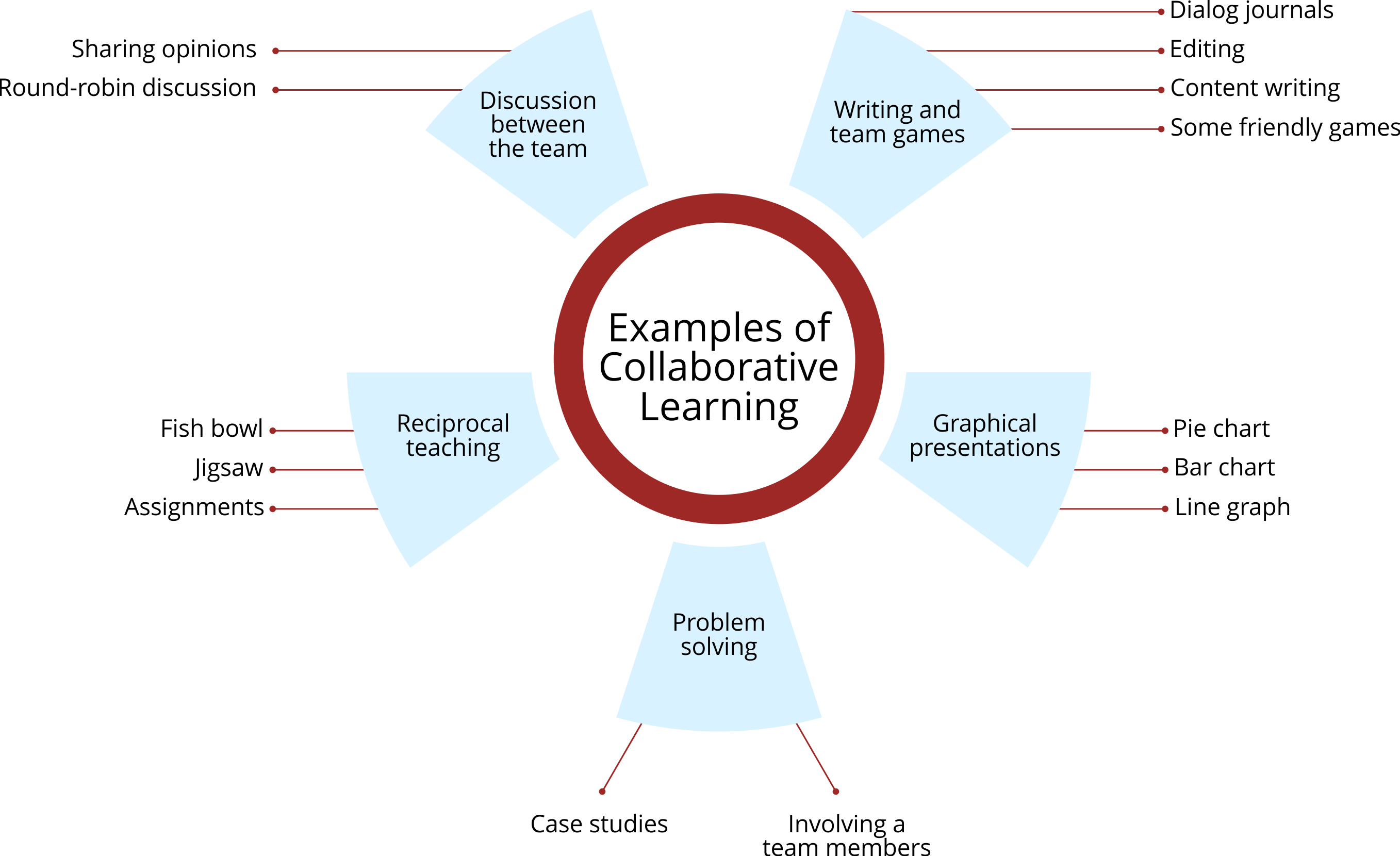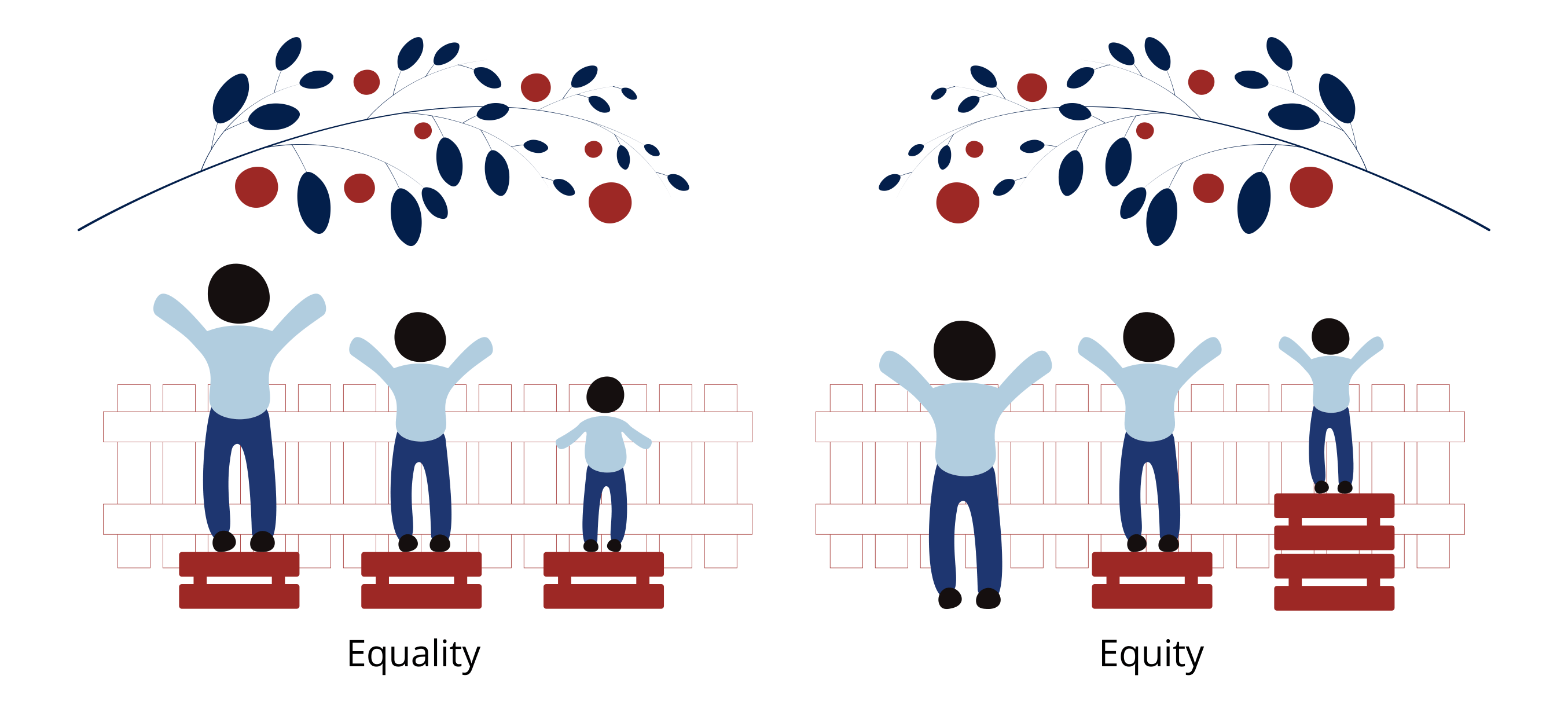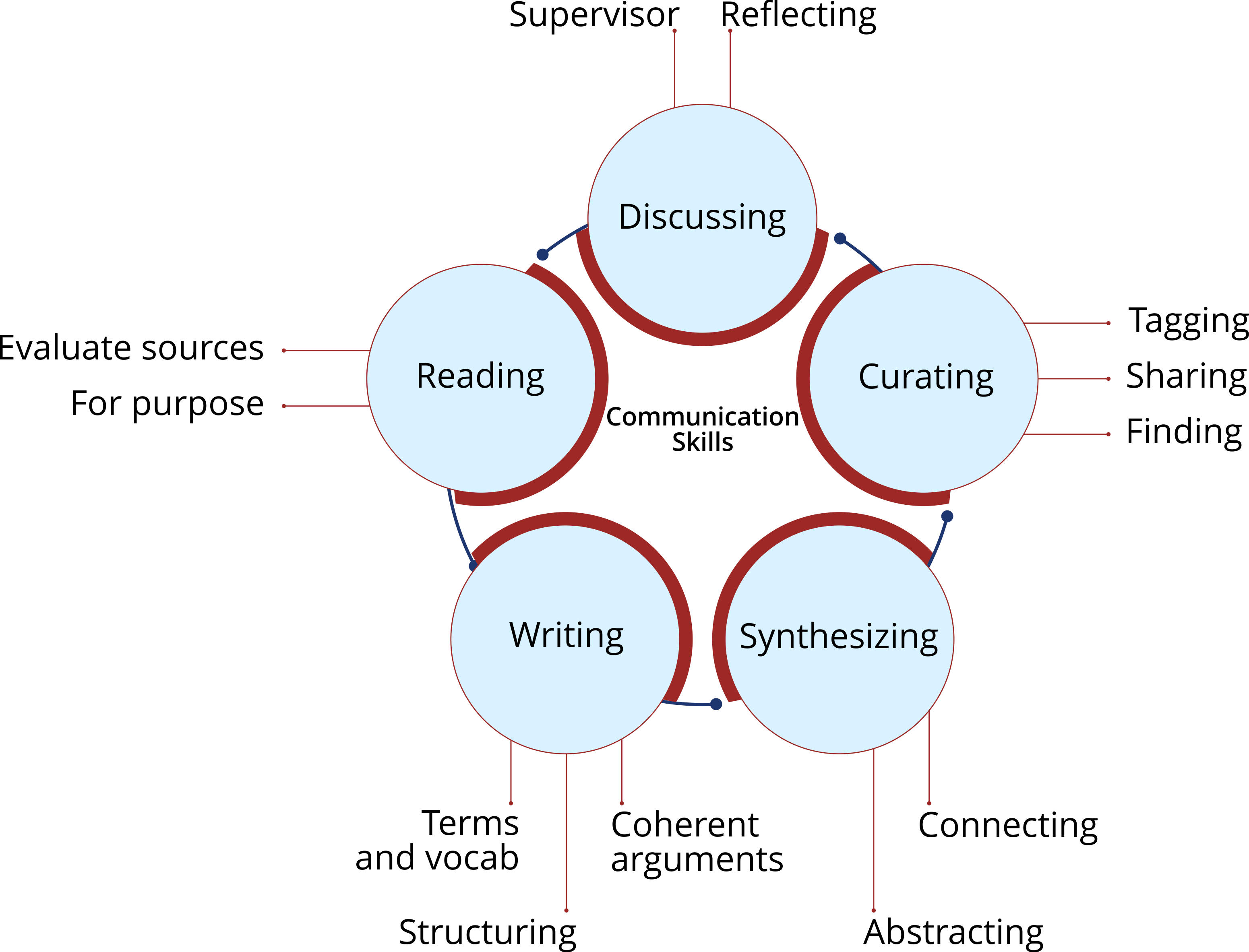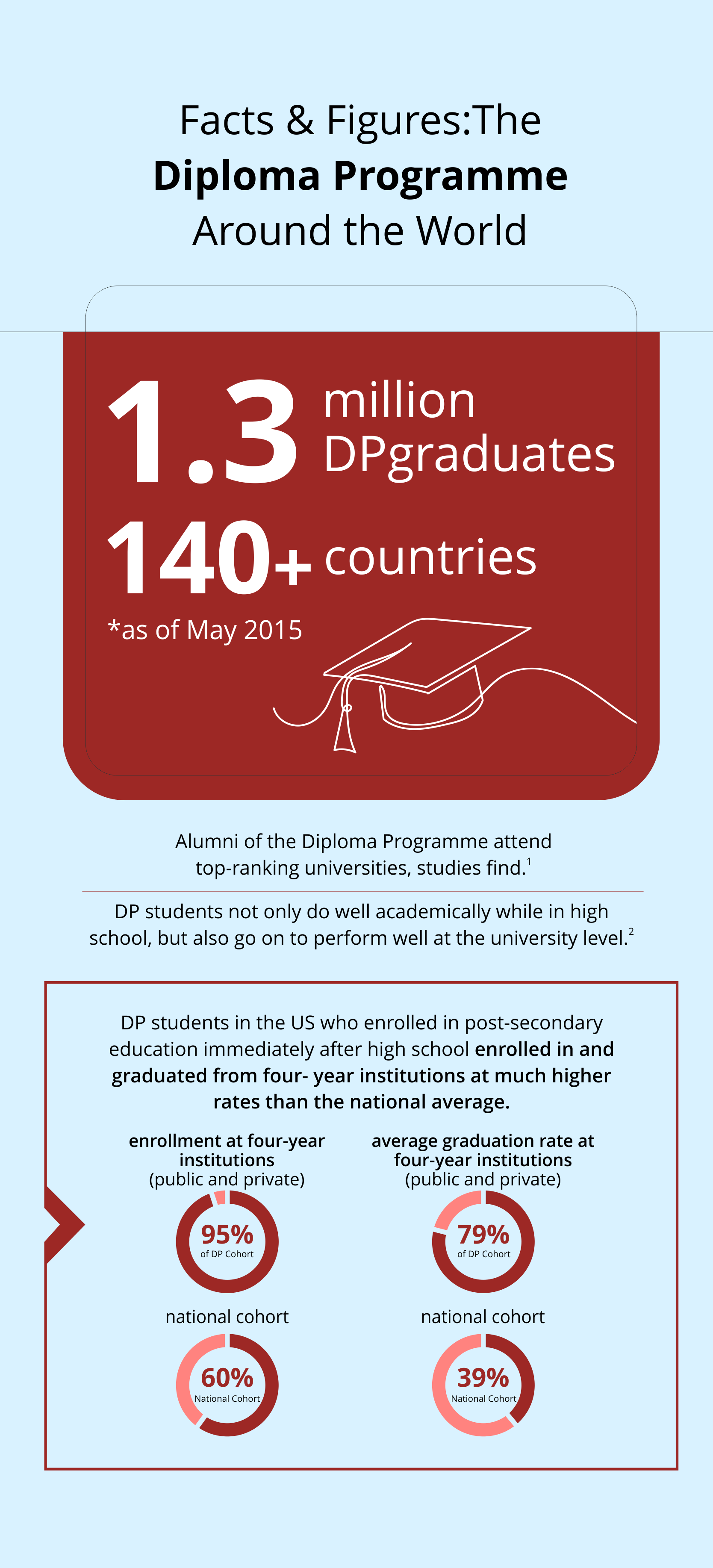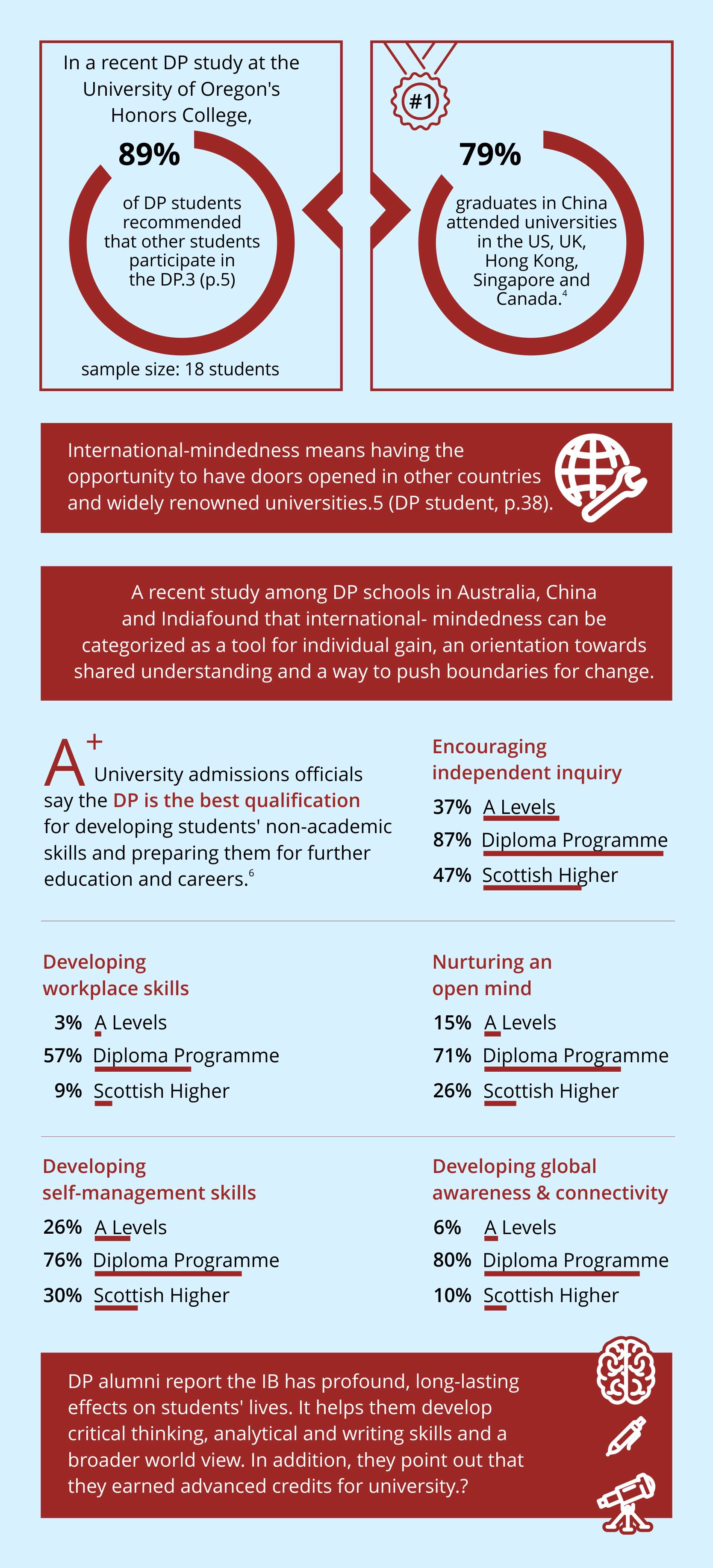DIPLOMA PROGRAMME
(Offering this programme is subjected to authorisation)
Mandatory Candidacy Text: Skill Stork International School is a Candidate School* for the IB Diploma Programme. This school is pursuing authorization as an IB World School. These are schools that share a common philosophy—a commitment to high quality, challenging, international education that Skill Stork believes is important for our students. Only schools authorized by the IB Organization can offer any of its four academic programmes: the Primary Years Programme (PYP), the Middle Years Programme (MYP), the Diploma Programme, or the Career-related Programme (CP). Candidate status gives no guarantee that authorization will be granted. For further information about the IB and its programmes, visit: www.ibo.org
Skill Stork International School, set to embark on its journey as an International Baccalaureate Diploma Programme (IBDP) school, is committed to offering a dynamic and comprehensive educational experience. Embracing the ethos of the renowned IBDP, Skill Stork aims to cultivate a nurturing environment that fosters intellectual curiosity, global perspective, and holistic development among students aged 16 to 19.
Our forthcoming IBDP curriculum is designed to empower students with the essential skills and attributes needed for success in higher education and beyond. As an aspiring IBDP candidate school, we are dedicated to providing a rigorous and balanced academic program integrated with the core elements of Theory of Knowledge (TOK), Extended Essay (EE), and Creativity, Activity, Service (CAS).
Recognition in India:
https://www.ibo.org/contentassets/d883e8b8f46446079f14679a9a6971c3/india-recognition-guide-2016.pdf
